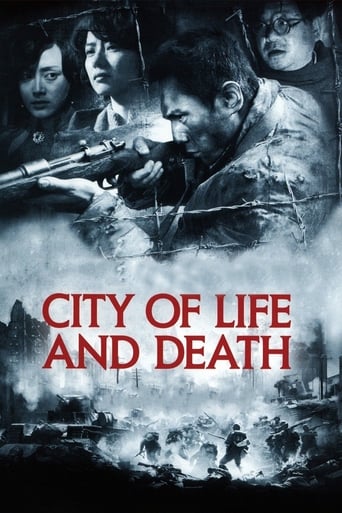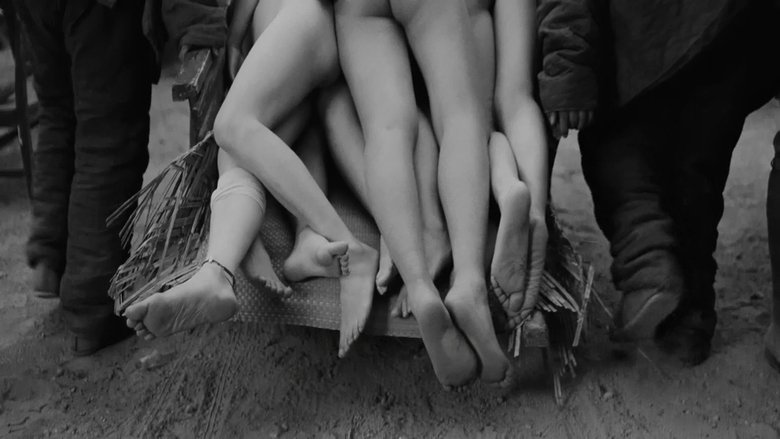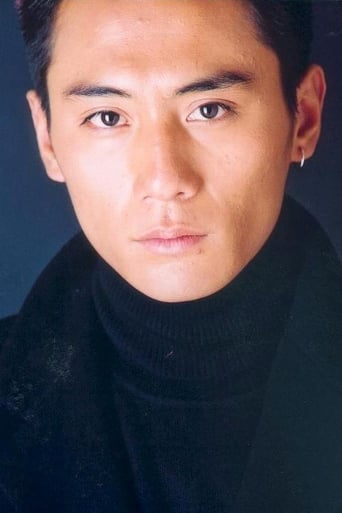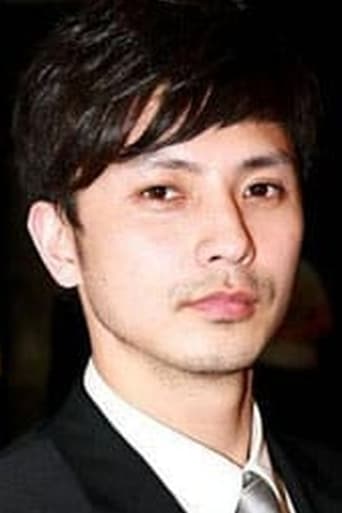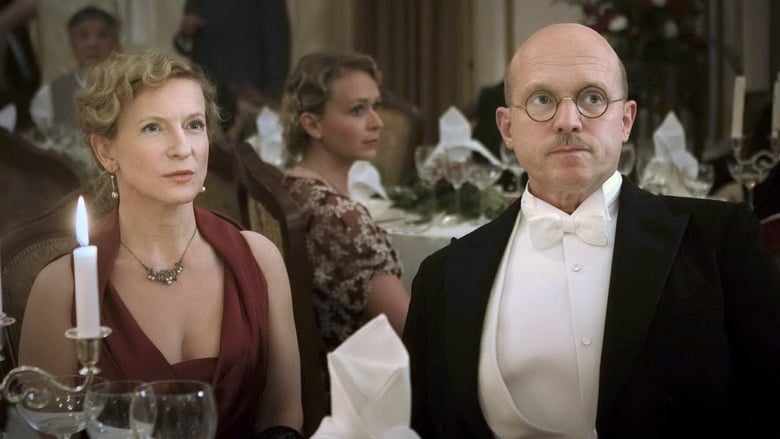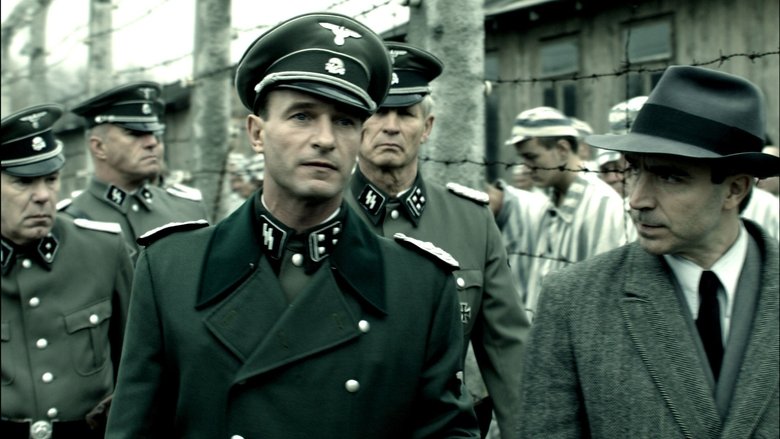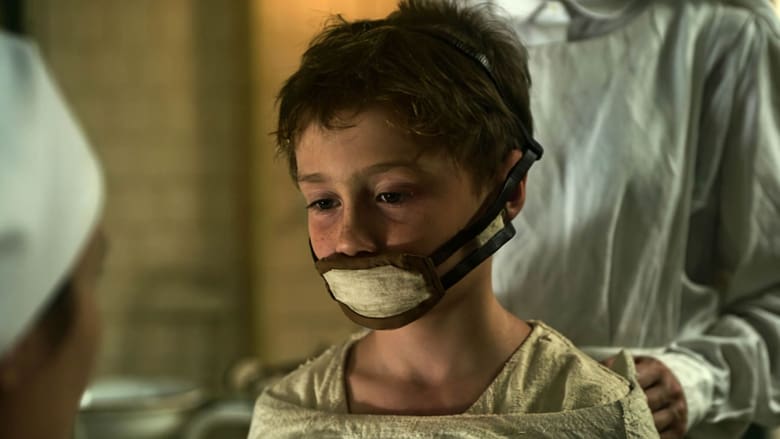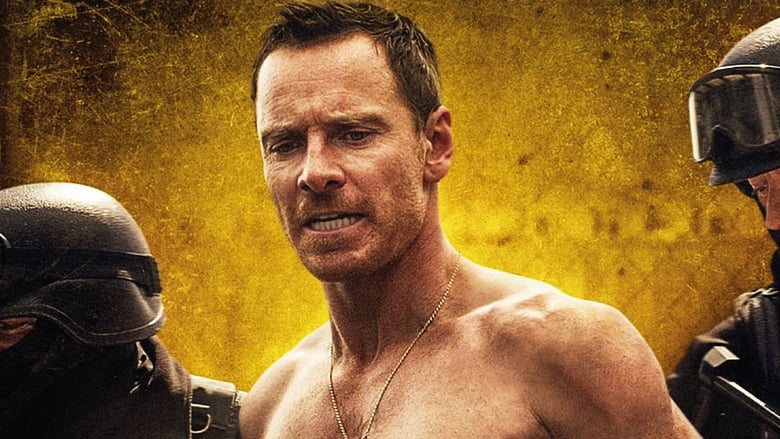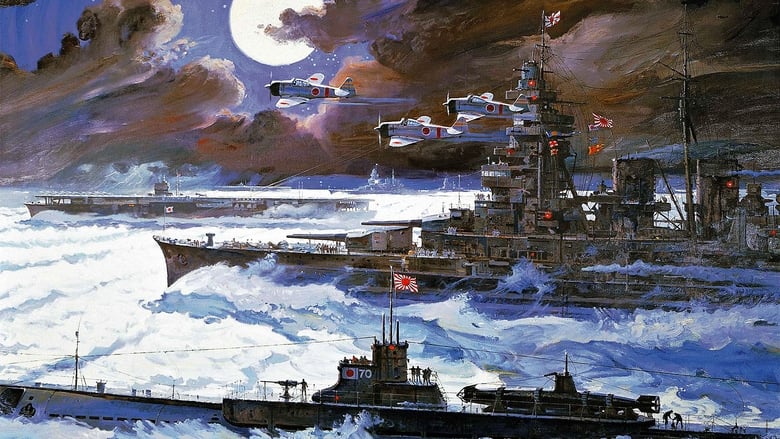In 1937, during the height of the Second Sino-Japanese War, the Imperial Japanese Army has just captured Nanjing, then-capital of the Republic of China. What followed was known as the Nanking Massacre, or the Rape of Nanking, a six week period wherein tens of thousands of Chinese soldiers and civilians were killed.


Similar titles
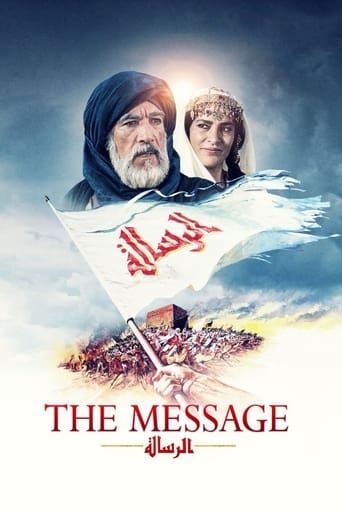
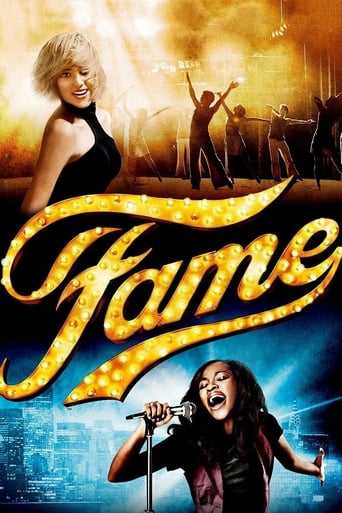
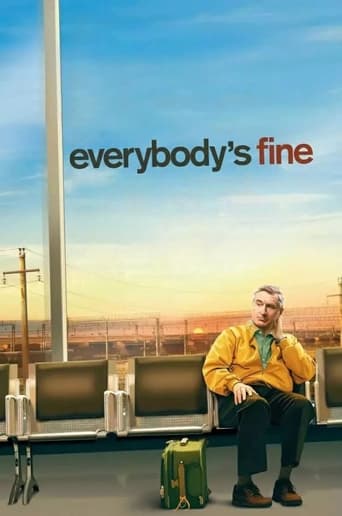
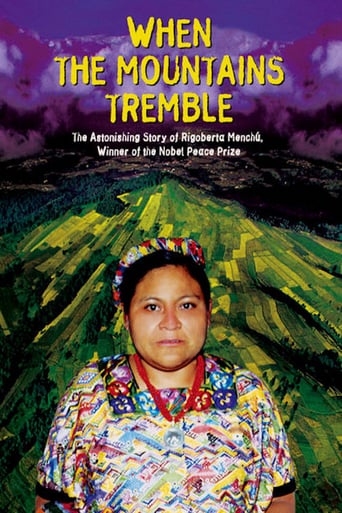
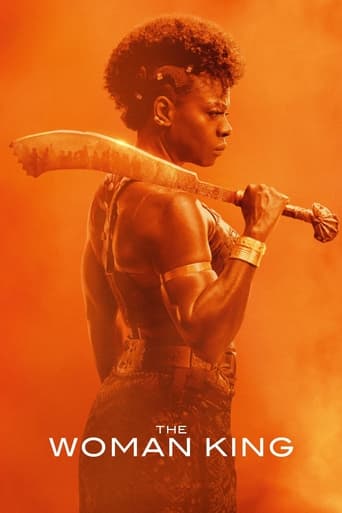
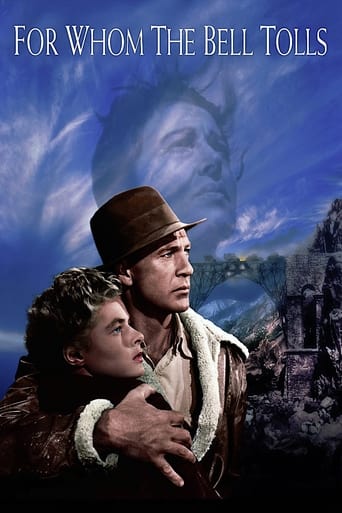
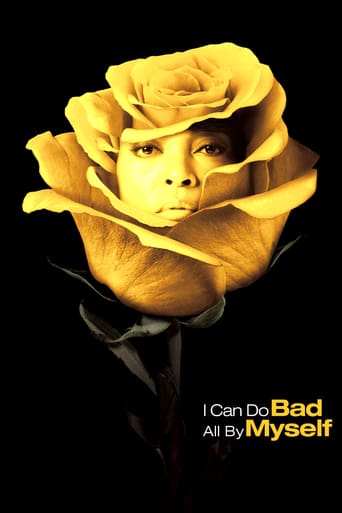
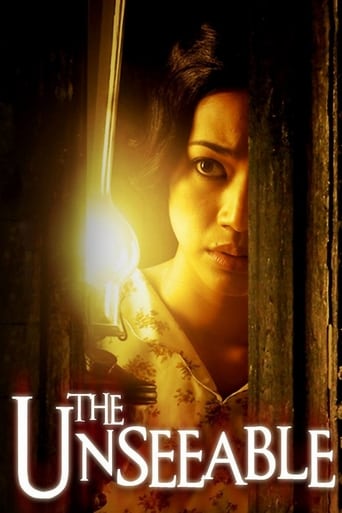
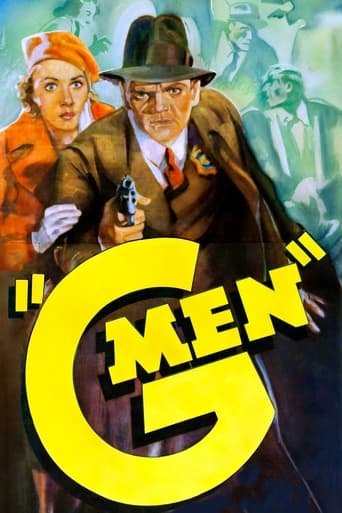
Reviews
Just finished watching this with my husband--he likes war films but has no interest in Chinese culture--I am just the opposite, and will rarely watch a war film but am obsessed with China. We watched "John Rabe" a couple of days ago, and wanted to see the comparison viewpoints.OK, this is my personal opinion only, but I feel that, in spite of the good intentions and honesty of the film, it wandered...there was not really a clear plot and sections were so slow I had to keep my husband from falling asleep--and this is a guy who LOVES war films. The initial scene of the Japanese taking out the guerrilla soldiers in the church is played out excruciatingly, guns popping, little background music, some confusion as to who is who. I kept wondering when the STORY was going to begin. When, about 40 minutes in, we get to meet a few other characters it is a vast relief! We saw this on Netflix and you should know that the subtitles are about 4-5 seconds behind the actual speeches--I speak some Mandarin, but no Japanese, and was constantly irritated at the uncoordinated subtitling. Also, I wanted to see the connections between the characters made more clear; perhaps a title showing where some of the action was taking place would also have been helpful: "Jinling Women's College","Red-Cross hospital",whatever. I also must say that the John Rabe character seemed sort of wussy and did not at all show the kind of strength he actually exhibited (I have read several books on the Nanjing Massacre, Rabe's diary and how others saw him); Minnie Vautrin, who protected so many women and children at Jinling Women's College and personally stood up to Fukuda over the taking of their husbands/sons, etc. was merely a loud-mouthed white woman who seemed in the way at times--in real life,the Chinese women under her care called her the Goddess of Mercy! The role she should have had in the movie was taken by a fictive character called Miss Jiang, probably based on her assistant Mrs. Tsen.Anyone knowing anything at all about the Rape of Nanjing will wonder about the violence in the movie--this is not a gore-fest or a movie where the violence is displayed as a fetish, like in so many modern movies, but yes, it IS realistic, so be prepared. The director does not spare you in showing the atrocities, but the view of them is not drawn out unbearably and the detail is somewhat muted: no brains flying out, no close-ups of splattered heads, but you do see the lengths the Japanese went to, really, similar to an 'ethnic cleansing', and there is one rape scene that is pretty disturbing, but you don't really see much- -it's the emotional impact that gets you. There are also plenty of scenes dealing with the 'comfort women' that the officers insisted on, and, though a few of them were prostitutes already, most were simply women that were chosen for their looks and grabbed unwillingly. There is also a lot of callous violence against the Chinese citizenry that is simply excessive, even for a war.Another mention for those who are, like myself, for whatever reason, China-lovers: one of the main characters is a young Japanese soldier who is seen in an almost sympathetic light, as opposed to the majority of them, who do what they do with pleasure and seem to have no human connection at all, not even to the dazed 'comfort women' they literally rape to death. Mr. Tang, who is a fictive figure representing the Chinese assistant to John Rabe, is another character who does what he can to protect his family, but you may not like how he works, and certainly his karma catches up with him pretty quickly. I understand that the director was trying to see things fairly: not all Japanese soldiers were monsters, not all Chinese were saintly martyrs, but I do think too much time was spent on the 'nice' Japanese soldier. The Westerners in the film needed more development, especially considering they role they played in setting up the Safety Zone and protecting so many Chinese--they seemed superfluous and rather powerless in this movie, and that was unfortunate. Yes, it's a Chinese film, but in purporting to give a truthful presentation of facts, fair is fair and Rabe, Minnie Vautrin, Dr. Robert Wilson and Lewis Smythe were minimized to almost nothing here.The film is slow at times, meandering, has confusing moments and, I think, assumes the viewer is familiar with the history of the era. I believe it needed more dramatic flow, a tighter script, and perhaps more detailed characterizations of the main people; a lot of film footage could have been used better than those first tedious 40-minutes of "battle" time. It is a disturbing film that does show some of the atrocities, but does not go overboard--it is a movie that can be used for enlightenment as well as entertainment of a sort. I still believe a serious viewer needs to do some reading on this subject before they watch, in order to have a sense of what is really going on. Sometimes Chinese movies can be a little maudlin and over-dramatic (though I generally enjoy this!), but there is a good balance in the emotional scenes, and only one towards the end that may be a little much for some people. I did love the Chinese soldiers, just before death, shouting Long Live China!, and there is, even in this intense war film, moments of hope that linger in the heart. I recommend this film to anyone who loves China, who is interested in war, who wants to know some of the real story, who loves intense and honest film-making.
The city is Nanjing, then capital of China. The time is 1937-38 when Japanese forces occupied the place. The story is the horrific consequence of that occupation for Chinese soldiers and civilians alike. The film is dedicated to the 300,000 victims of the atrocity, a figure that is still debated. The executions, the hangings, the beheadings, the burning, the bayoneting, the burying alive, the rapes - all of which happened - are all shown, but not overly dwelt upon. Instead young Lu Chuan, who both wrote and directed, tells a human story, focusing on a limited number of individuals, not all Chinese. This 2009 work was originally shot on colour film and then desaturated into black and white and the cinematography by Yu Cau is very impressive.We are offered politically correct depictions of the bravery of the Chinese soldiers and the nobility of Chinese civilians, especially the women, but the focus on the international safety zone brings to the fore the role of John Rabe, often called the German Schindler, and other nationals. Surprisingly, however, Lu gives an important role to a (fictional) young Japanese officer called Kadokawa who is shown as compassionate and horrified by what his fellow soldiers are doing - a characterisation that understandably proved controversial in China.When I was in Japan, where they talk of the 'Nanjing Incident', at the Memorial Museum in Hiroshima of all places I found that the Japanese are still downplaying the scale of this slaughter. When I was in China, where they call it the 'Nanjing Massacre', not least during my time in Nanjing itself the history was still live and feelings remain raw. I wish that this film could have been seen as much in Japan - which has still not faced up to its wartime crimes in the way that Germany has done - as in China and indeed Europeans and Americans should know more, as they would by viewing the film, about the rape of Nanjing.
Depicting real events, this is an often difficult film to watch. However, it is also the type of film where you don't hit the pause button as you want to know what happens.The Director takes the viewer through a difficult journey, linking each scene effortlessly, and gets the best out of a large cast. Whilst this shows the events in Nanjing in 1938, it could also be telling the story of the horror and dehumanising effect of any war.Shot in monochrome it also presents, on one level the issues in black and white terms, that is, most Chinese good, most Japanese bad. However, at a more complex level the issues are simply not straightforward. It raises questions of when duty must override compassion, and when compassion must override duty. It raises issues about collaboration and integrity, love and sacrifice, and competing belief systems.I have no doubt that similar films could be made about the events at Srebenica in 1995, although the horror of Nanjing was on an almost unprecedented scale. The lessons are there to be learned, and the tragedy of all ages is that our politicians never learn them.I urge you to watch this film and tell others about it.
The atrocities committed in Nanking, the capital of China, by the Japanese in 1937 and 1938 during the Second Sino-Japanese War is a source of anger and resentment today.All kinds of torture were visited upon the residents, including live burials, mutilation, "death by fire", "death by ice", and "death by dogs". A survivor testifies to a killing contest amongst a group of Japanese soldiers to determine who could kill the fastest. The rape that occurred during the massacre was one of the greatest mass rapes in world history. It is estimated that the number of women raped ranged from 20,000 to as many as 80,000, and women from all classes were raped, including Buddhist nuns. Furthermore, rape occurred in all locations and at all hours, and both very young and very old women were raped. Not even pregnant women were spared. It wasn't limited to women as some men were forced to commit incest—fathers to rape their own daughters, brothers their sisters, sons their mothers.Writer-director Chuan Lu and cinematographer Yu Cao joined to present a film that was stunning and mesmerizing. They say that war is hell, and they were certainly describing what went on here. One does not have to understand a word of Japanese or Chinese to follow what is going on.The pain was more than evident and the horror is indescribable.
